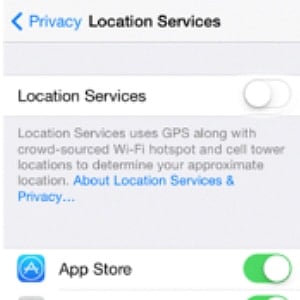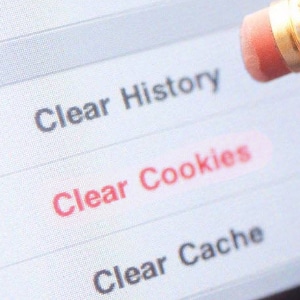Nowadays, a VPN is more than a privacy and security tool. With the popularity of cord cutting and the rise of internet censorship and other online injustices, a VPN has become an ideal tool for unblocking and gaining access to geo-restricted content.
But at times, a VPN fails at this task due to various reasons, and you may not end up gaining access to restricted content, or even your cord cutting experience will be frustrating. Mostly, the problem arises from location services, and you can quickly sort this issue by verifying your VPN location. For instance, if you are a US resident and you have connected to a UK server, check whether the IP location services say you’re in the UK. If you they indicate you’re still in the US, do the following;
 Turn off location and geolocation services
Turn off location and geolocation services
VPNs fail to gain access to geo-restricted content due to the default location registered by your device. Although on the internet most services look at the location given by the IP address, sometimes they may request access to your physical location, and this will override what your IP address says. It’s even worse if you have turned on location services in your smartphone as they use GPS location services.
If you are trying to gain access to some geo-restricted content, you may be frustrated as you won’t get the required results. To avoid this problem, always turn off location services when connecting a VPN. Alternatively, you can use mock location services.
 Clear cookies
Clear cookies
Geo-location services may be off, but still, your VPN isn’t able to unblock content from another region. This happens when you try to access sites that you have visited before. This is because of small files stored in your browser called cookies. Cookies collect lots of information, and some engage in tracking and monitoring functions. With cookies in place, anytime you try to visit a site, the site will use cookies, and you will end up getting undesired results. Always clear cookies or use incognito mode if you are getting unwanted results when using a VPN.
Check for DNS and IP leaks
The above two problems may not affect reputable VPNs, but leaks are more dangerous. Not only you will get undesired results due to location, but also your privacy and security will be at risk. DNS/IP leaks reveal your activities to prying eyes because when they occur, it’s like you are not using a VPN. Leaks happen when your device decides to use the default DNS assigned by your ISP instead of the one given by the VPN. Other leaks occur due to browser’s WebRTC. Always check for leaks and turn off WebRTC in browsers.
Select another VPN server
If you have taken care of the above and still you are unable to gain access to geo-restricted content, its time you changed the VPN server. Most services, for instance, Netflix and BBC iPlayer may block a whole IP address range offered by a particular server. In essence, that server will not be successful in gaining access to such services and hence you will get the error messages. This is why you will have a US IP address, but still, you won’t be able to access US Netflix. All you need to do is connect to another US server.
 Turn off location and geolocation services
Turn off location and geolocation services Clear cookies
Clear cookies

